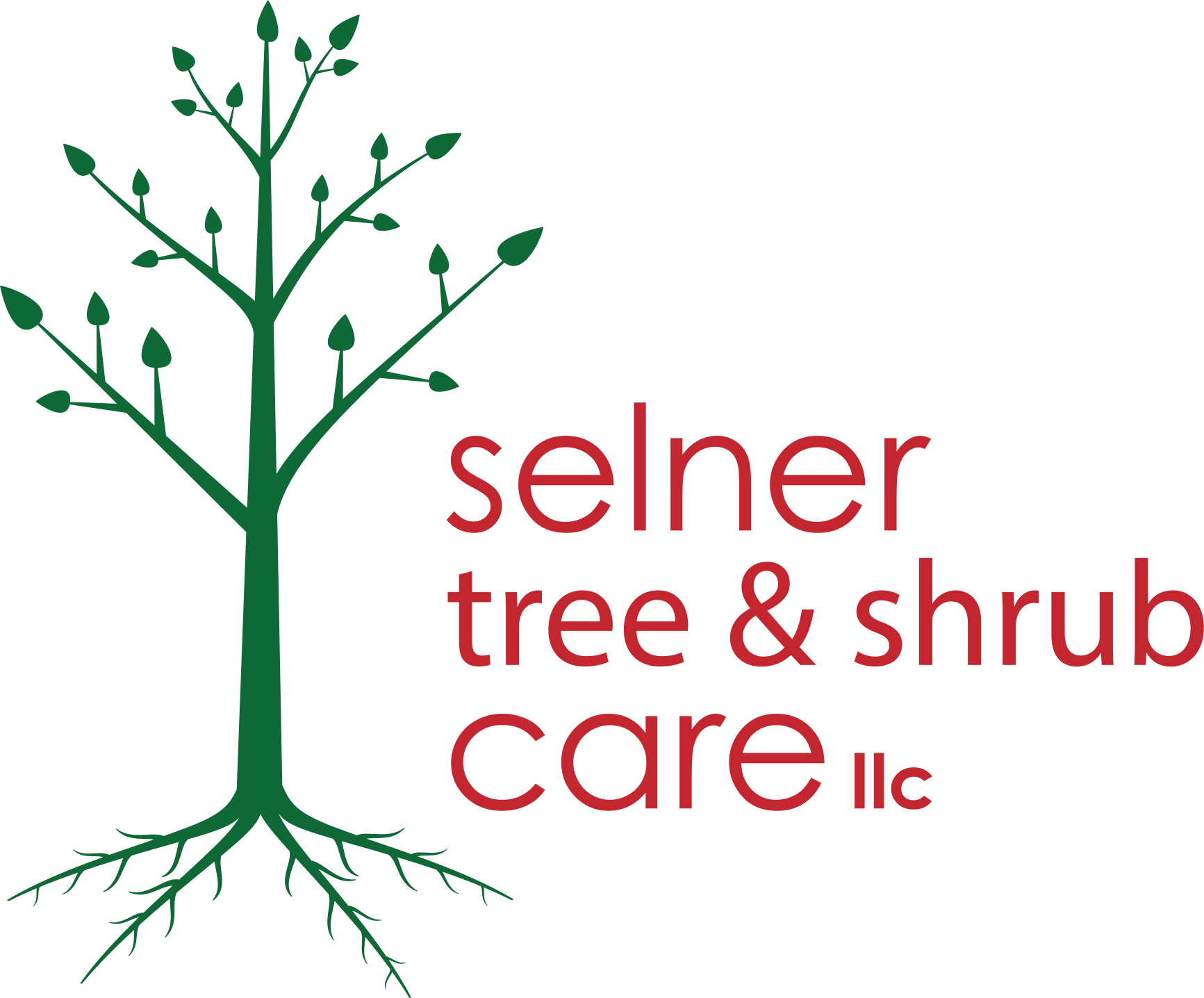Be a Hero: Plant a Native Species
“We are failing our ecosystem.” We hear this statement all of the time. We hear about things like Global Climate Destabilization, plastic islands in the ocean, and mass species extinction. We are told to recycle, drive less, and use less water. So, we try. Recycling is becoming second nature; the bins are everywhere. We bike and walk more and we use water-efficient showerheads and toilets, but what if I told you there was something just as important as all of those things that can help us make a difference? Most of us have a yard with lawn and plants.
What if I told you that what you planted in your yard could help our world recover? Our once flourishing and productive ecosystems are being taken over by lawn and agricultural fields. Most of what we plant in our yards tends to be exotic species that have not evolved to function in our eco system. What is worse, many are becoming wildly invasive, taking over what little free forest we have left. These exotic species do not feed wildlife such as birds, butterflies, and bees (five species of which have just been put on the endangered species list). How are they to survive when we take more and more of their home and turn it into grass? We often use vast amounts of pesticides and fertilizers on our lawn. How much time per week do you actually spend on it? We mow our lawn, expelling carbon dioxide, and use mass quantities of water to make it grow, just to mow it all over again.
We can help put a stop to all of this! Take some time and put a little research into what is native to your area. Stop planting things such as buckthorn, barberry, and Japanese Honeysuckle. Instead, plant viburnums, American hazelnut, or witch-hazel. By planting native species of trees, shrubs, and flowers we can help save our environment. Native plants, which are adapted to our eco system, require watering only in times of severe drought, which saves you time and money. They feed wildlife, which preserves necessary species and promotes biodiversity. Finally, incorporating more native plants creates a beautiful landscape free of maintenance and helps limit excessive mowing and use of chemicals.
